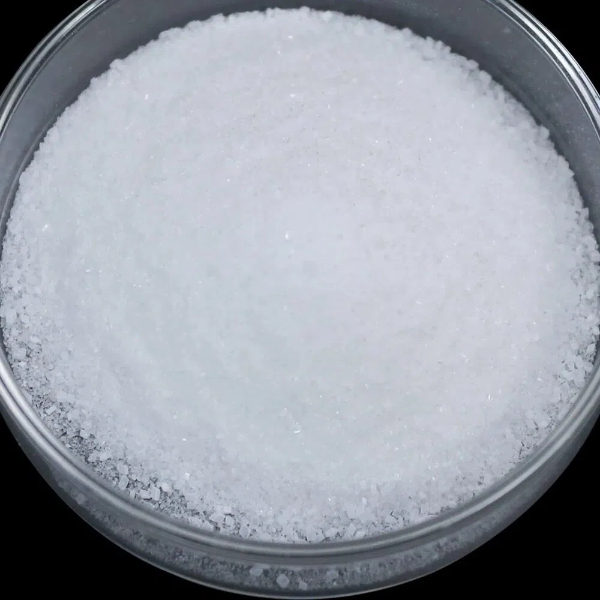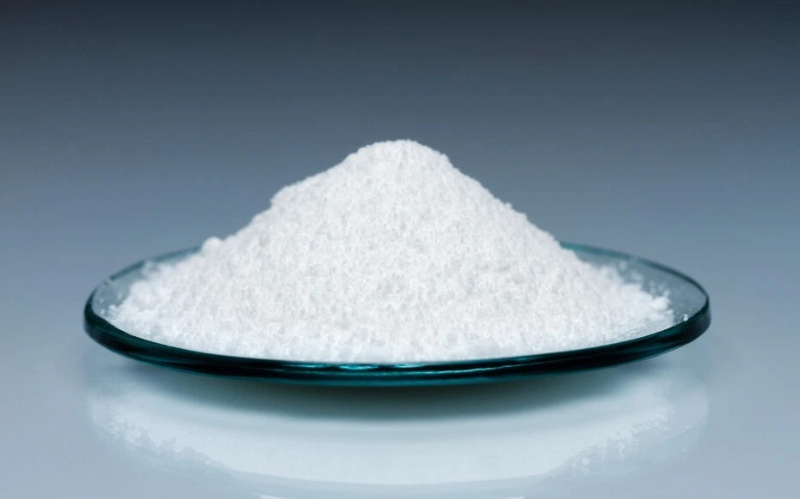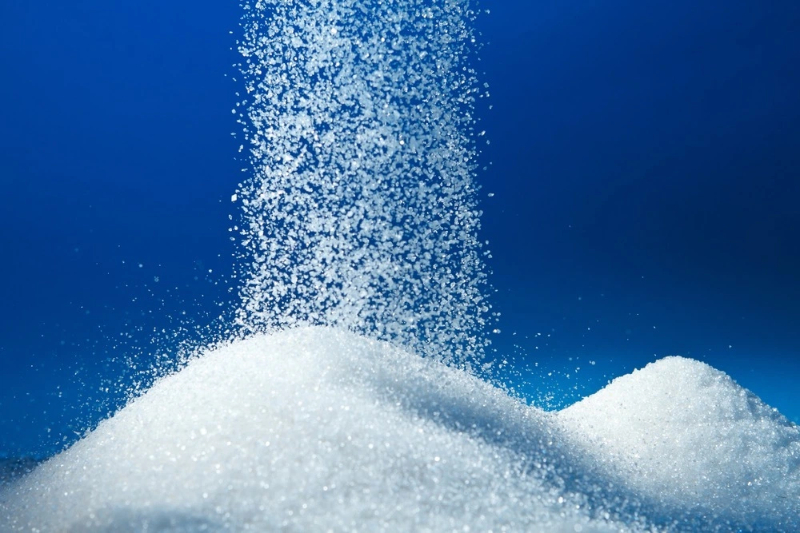







Content Menu
● Health Concerns Associated with Aspartame
● Metabolic and Cardiovascular Effects
● Regulatory Stance and Safety Reviews
● Controversies and Misinformation
● FAQ
>> 1. What is aspartame made of?
>> 2. Can aspartame cause cancer?
>> 3. Who should avoid aspartame?
>> 4. Does aspartame affect mood or behavior?
>> 5. Is aspartame safe for pregnant women?
Aspartame is one of the most widely used artificial sweeteners found in many food and beverage products worldwide. Although approved by regulatory agencies globally, concerns about its safety and potential health risks persist. This article explores the controversies, alleged adverse effects, scientific findings, and regulatory perspectives on aspartame.

Aspartame is a low-calorie artificial sweetener made from two amino acids, aspartic acid and phenylalanine. It is roughly 200 times sweeter than sugar, making it a popular choice for sugar-free and diet products. Upon digestion, aspartame breaks down into its components, including a small amount of methanol.
Studies suggest that prolonged high consumption of aspartame may harm the kidneys and liver. Research indicates potential toxic effects on liver cells and altered kidney function in some cases.
Aspartame intake has been linked in some studies to mood changes such as irritability, depression, headaches, dizziness, and memory and learning difficulties. Long-term use may affect nerve structure and behavior.
The International Agency for Research on Cancer (IARC) classified aspartame as "possibly carcinogenic to humans" based on limited evidence, particularly linking it to liver cancer. A recent network toxicology and molecular docking study found that aspartame may impact various cancer-related proteins, potentially increasing the risk of cellular carcinogenesis by interfering with biomolecular functions. Molecular pathways affected by aspartame resemble known carcinogenic mechanisms. However, these findings are primarily at the molecular and observational level and require further validation in biological systems. Major food safety authorities like the FDA and WHO currently regard aspartame as safe at typical consumption levels but underline the need for more research to clarify its carcinogenic potential.[1][2]
Recent research associates long-term artificial sweetener use, including aspartame, with increased risks of cardiovascular diseases, stroke, insulin resistance, and metabolic syndrome. Aspartame may also affect glucose metabolism and appetite regulation, which could indirectly influence weight and metabolic health.
Neurodegenerative Risks
Emerging studies hint that aspartame and its metabolites might increase the risk of neurodegenerative diseases such as Alzheimer's and Parkinson's disease, though evidence is still preliminary and debated in the scientific community.[4]

Aspartame has been thoroughly reviewed by international agencies including the US FDA, EFSA, WHO, and JECFA. These organizations permit its use within established acceptable daily intake levels (40 mg/kg body weight/day). Individuals with phenylketonuria (PKU) must avoid aspartame due to their inability to metabolize phenylalanine safely. Regulatory bodies continue monitoring new research and occasionally update safety assessments.
Initial approval processes for aspartame were contentious, fueling conspiracy theories despite consistent regulatory reassessments confirming safety at normal intake levels. Many claims linking aspartame to severe diseases lack credible scientific evidence. Public debate often stems from older high-dose animal studies that may not translate directly to typical human consumption.
Aspartame remains a widely used sweetener with a complex safety profile. While generally considered safe within regulatory limits, evidence of potential neuropsychiatric, metabolic, and carcinogenic risks suggest the need for ongoing research, particularly regarding long-term effects at typical consumption levels. Individuals sensitive to aspartame or with specific metabolic conditions should avoid it.

Aspartame is composed of two amino acids: aspartic acid and phenylalanine.
Current evidence from experimental and epidemiological studies is mixed, but aspartame has been classified by IARC as possibly carcinogenic to humans based on limited evidence. Regulatory agencies maintain its safety within acceptable daily intake levels.
Individuals with phenylketonuria (PKU) and those sensitive to its components should avoid aspartame.
Some studies suggest possible mood changes and neuropsychiatric effects, including headaches and depression, but results are inconclusive and require further research.
Aspartame is generally considered safe for pregnant women at typical intake levels, but those with metabolic conditions affecting phenylalanine processing should avoid it.
[1](https://www.nature.com/articles/s41598-024-62461-w)
[2](https://www.who.int/news/item/14-07-2023-aspartame-hazard-and-risk-assessment-results-released)
[3](https://pmc.ncbi.nlm.nih.gov/articles/PMC12286081/)
[4](https://pmc.ncbi.nlm.nih.gov/articles/PMC8227014/)
[5](https://sph.umich.edu/news/2023posts/aspartame-and-cancer-a-toxicologists-take.html)
[6](https://www.fda.gov/food/food-additives-petitions/aspartame-and-other-sweeteners-food)
[7](https://www.neurology.org/doi/10.1212/WNL.0000000000214023)
[8](https://www.sciencedirect.com/science/article/pii/S2161831325000857)
[9](https://www.cancer.org/cancer/risk-prevention/chemicals/aspartame.html)
